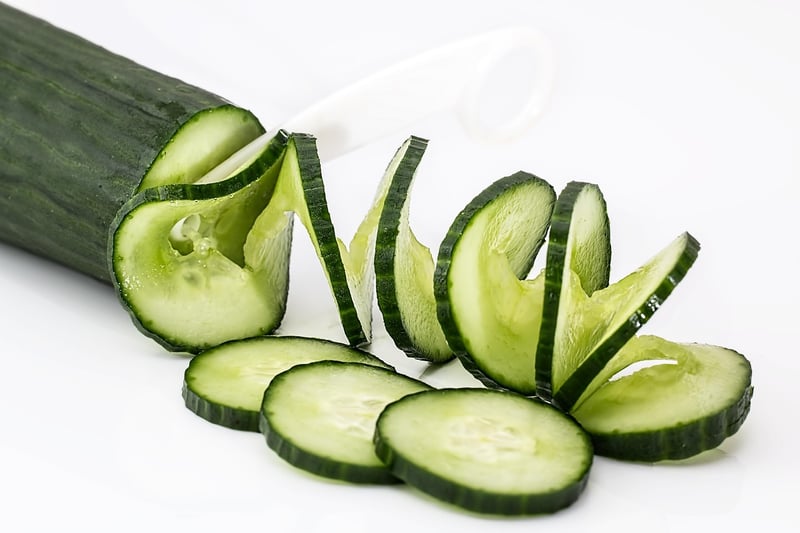Harmonious Combinations
Perfecting Complementary Taste Profiles and Harmonious Combinations
When it comes to creating memorable culinary experiences, mastering the art of combining complementary taste profiles is essential. Whether you're a seasoned chef or a home cook looking to elevate your dishes, understanding how flavors work together can take your cooking to the next level.
The Basics of Flavor Pairing
Flavor pairing involves finding ingredients that enhance each other's tastes, creating a harmonious blend that tantalizes the taste buds. Some classic pairings include:
- Sweet and salty
- Spicy and sweet
- Acidic and fatty
- Bitter and savory
Experimenting with Unconventional Combinations
While classic pairings work well, don't be afraid to think outside the box and experiment with unconventional combinations. Mixing unexpected flavors can lead to surprising and delicious results. Consider pairing:
- Chocolate and chili
- Watermelon and feta cheese
- Blue cheese and honey
- Bacon and maple syrup
Creating Balanced Dishes
When combining flavors, aim for balance. A well-balanced dish should have a mix of tastes – sweet, salty, sour, bitter, and umami. Each component should enhance the others without overpowering them.
Visual Appeal Matters
Remember that we eat with our eyes first. Presentation plays a significant role in how we perceive food. Create visually appealing dishes by incorporating a variety of colors, textures, and shapes.
Pairing with Beverages
Don't forget about beverages when planning your meal. The right drink can enhance the flavors of your dish. Consider pairing red wine with red meat, white wine with fish, or a citrusy cocktail with spicy dishes.
Conclusion
Mastering the art of flavor pairing is a journey that requires experimentation and an open mind. By understanding how different tastes work together and being willing to try new combinations, you can create dishes that are not only delicious but also memorable.
Happy cooking!


